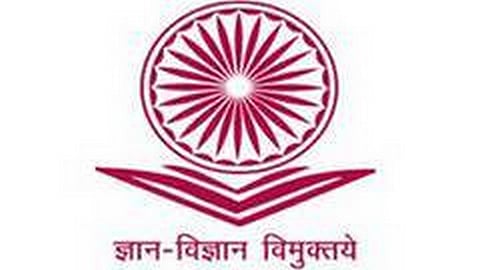

NEW DELHI: The University Grants Commission (UGC) has introduced a new framework that allows universities to conduct examinations for courses offered through the SWAYAM platform, marking a significant shift in how online learning assessments are managed.
This move is part of the UGC's broader initiative to make academic credit acquisition through online platforms more accessible and flexible for students.
Previously, end-term proctored examinations for SWAYAM courses were administered by the National Testing Agency (NTA) and the National Programme on Technology Enhanced Learning (NPTEL). Under the newly established framework, students who complete SWAYAM courses will have the option to take their exams at their respective universities, providing them with greater convenience and support.
This change aims to increase student participation in SWAYAM courses by allowing universities to handle registration, course activities, and examinations directly. The existing examination facilities offered by NTA and NPTEL will remain available as additional options. Furthermore, the credits earned through these exams can be seamlessly transferred to the student's academic transcripts.
UGC Chairman M. Jagadesh Kumar emphasized that this framework will make online learning more integrated with traditional academic programs, offering students a smoother and more flexible learning experience. The introduction of re-examination provisions further enhances this flexibility, enabling students who miss or fail their initial SWAYAM exams to retake them in later semesters.
The UGC's decision comes after extensive consultations with Higher Education Institutions (HEIs) over the past year, where the growing interest in SWAYAM courses for credit transfer and the need for a more student-friendly examination process were highlighted.
To support universities in adopting this new framework, the UGC is providing additional resources, including the 'Steps for Adopting SWAYAM MOOC Courses' and the 'University Dashboard User Guide.' Universities are also required to appoint a Nodal Officer to oversee registration, examination, and credit transfer processes.